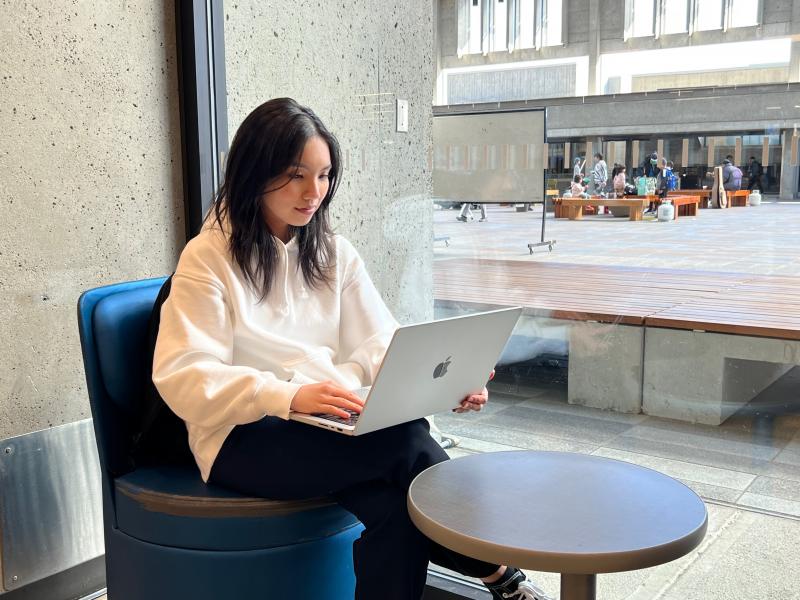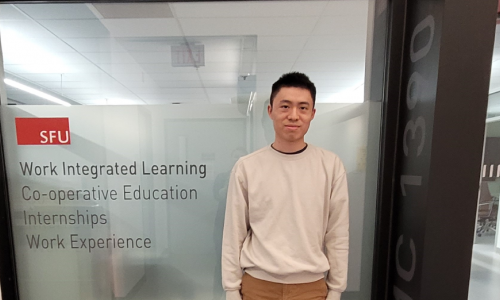
When you’re feeling stressed or overwhelmed, sometimes talking to someone can help. Often friends, family, and community are the best sources of support, but at other times you may benefit from professional care.
Common issues that bring folks to counselling include topics related to adjusting to major transitions, identity, decision-making, family and social relationships, and mental health concerns. Being a student health clinic, Health & Counselling counsellors also understand how to help students overcome issues that cause academic distress like procrastination, exam anxiety, perfectionism, and problems with attention and motivation.
Registered clinical counsellors are trained professionals at the masters level or higher. Counsellors use their training, education, and experience in each session and provide support through conversation. Feeling comfortable is important, because counselling is a human relationship, and if it’s the right fit you can hope to build a trusting relationship to help you work through problems and issues that may be impacting you and getting in the way of your success.
Finding someone who shares a similar worldview may be something important to you when looking for a counsellor; for example, someone who shares your religion, culture, or identity. You may find this type of relevancy helpful for certain issues. Other times, you may feel entirely comfortable and at ease with someone who may not share these experiences.
Many counsellors also work with more specific topics or issues and in some instances it can be helpful to access this kind of experienced support. For example, the SVSPO counsellor.
Browse counsellor bios to learn more about our team, or make a request with My SSP for specific, culturally relevant providers with multiple language options available. Importantly, finding the right fit is important.
At Health & Counselling, once it’s determined counselling is the right option for you, you can expect registered clinical counsellors and registered psychologists to work within a brief model of care to promote positive growth, well-being, and mental health at your sessions. A brief model of care is a therapeutic approach that is usually time-limited in structure, solutions-focused, goal-oriented, and collaborative. It’s up to you and your counsellor to determine the optimal length and frequency of your sessions, but often students find they can get the most support out of a few appointments depending on the topic of concern.
There are many different kinds of therapeutic approaches that may work for you too, and other counselling options might include connecting with My SSP, finding a counsellor or specialist in the community, or joining a therapeutic group to foster a sense of belonging.
It’s important to remember that counselling is just one aspect of mental health support, and other professionals at Health & Counselling can include social workers, psychiatrists, nurses, and doctors or a combination of each. Groups or community-based supports can also focus on other ways to build skills and cope with challenges too and a blend of options may be most helpful. Art, meditation, prayer and cultural expression share many mental health benefits and can be great additions to your mental health journey if relevant, especially if you aren’t entirely comfortable in a conversational setting like counselling.
Your mental health is important, and if you need support, connect with Health & Counselling for a counselling consultation appointment and to feel supported and guided through the many different services and professionals available. Also, browse through our list of resources to see what’s offered so you can stay connected to services and options that can help you thrive during your time at SFU.













